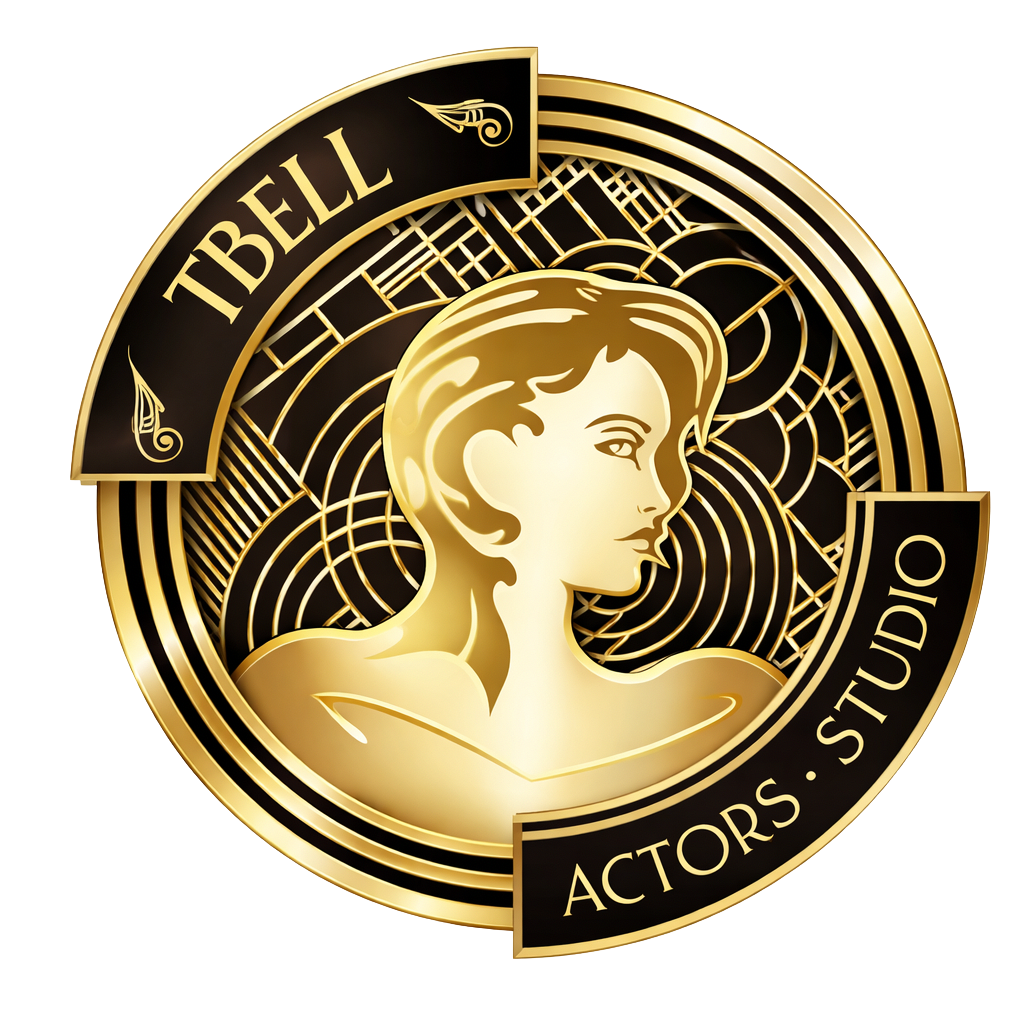One of the best things an actor can hear from their agent is that they have an audition. The thrill of having the opportunity to display your talent in front of a person or persons in a position to hire you, give you the opportunity to perform, and a paycheck is unmatched.
The audition experience is exciting, intimidating, challenging and often very satisfying when you walk out the door and know you delivered the goods.
The majority of pre-reads, or first auditions, for film and tv at the present time are done as video auditions. Video auditions allow actors to have more opportunities, and those opportunities can be in any city or state, providing the role is large enough. It’s also a win for casting directors. It allows them to see a greater number of actors without having to take days to do so and thus, they don’t need to worry about a location or a staff to get this done.
The callbacks are held in person. If the audition is for film or tv, the director and producer, and possibly the writer(s), will also be there. It can be very daunting to walk into a room that has anywhere from two to ten or more people sitting at a table waiting for you to perform. Sometimes, these people will be introduced, but often they are not. The best way to get past these jitters is to be prepared!
Depending on the size of the role, there can be as many as four callbacks or more. I have heard stories of people having eight callbacks for a particular role.
Most auditions will have a reader for the actor to perform their scenes with, and the casting director will run the audition. If the audition is for film, it is the director who will ask for any adjustments should they be wanted. If it is for TV, the producer is the person who will usually ask for a different take. Television auditions, when it comes to the final decision, will also involve the network behind the project and sometimes, advertisers. The direction that directors or producers give actors can be very specific, for example, “be angrier, more flirtatious, have a time urgency,” the list is endless; or they can be very vague, “can you do something different?” I tell actors to have some changes they can make with either their character’s emotions or with their beats and actions. Often, they just want to be sure the actor can take direction well.
Once you are finished, the casting director will ask the director or producer if they want to see anything else and if they don’t, the actor is dismissed.
Actors are asked to sign in when they arrive, and sign out when they leave.
If the project is for TV, there is a very quick response and actors will know within a few days if they got the callback or the part. Actors can wait weeks or even months to hear about film role.
In general, this is what you can expect. Once you put yourself out there and begin to audition, you will become familiar with the casting directors in your city and each audition will bring less stress, more fun, more callbacks and more gigs!
Theresa Bell has been a scene study coach in Dallas for the past eighteen years. Learn more about our Dallas Acting Studio today!
